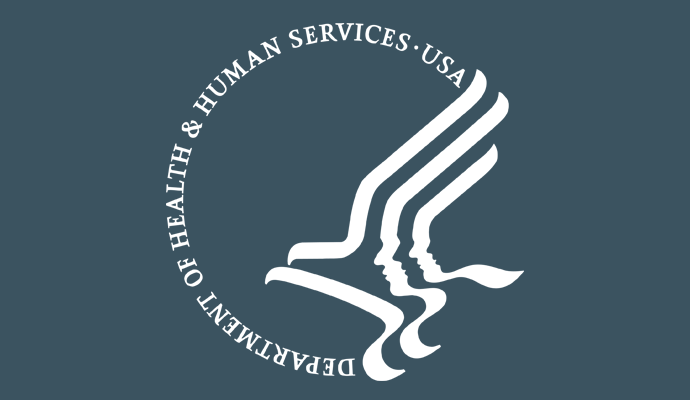HHS Partners with Pharmacies to Boost Access to COVID-19 Vaccines
The partnership will cover nearly 60% of pharmacies across 50 states, the District of Columbia, Puerto Rico, and the US Virgin Islands to increase access to COVID-19 vaccines.

Source: HHS Official
- HHS recently announced the government’s partnerships with large chain pharmacies and networks to boost access to COVID-19 vaccines across the US.
The partnership program will cover nearly 60 percent of pharmacies across the 50 states, the District of Columbia, Puerto Rico, and the US Virgin Islands. The program will also focus specifically on underserved areas.
The Trump Administration’s Operation Warp Speed (OWS), a public-private partnership to facilitate the development, manufacturing, and distribution of COVID-19 countermeasures, will support this effort.
Notably, vaccines will be administered at the specified pharmacy locations at no cost to patients.
“Ensuring access and affordability of the COVID-19 vaccine for all Americans is a top priority for the Trump Administration. We are leveraging the existing private sector infrastructure to get safe and effective vaccines supported by Operation Warp Speed into communities and into arms as quickly as possible with no out-of-pocket costs,” HHS Secretary Alex Azar said in the announcement.
“The vast majority of Americans live within five miles of a pharmacy, and our new agreement with pharmacy partners across America is a critical step toward making sure all Americans have access to safe and effective COVID-19 vaccines when they are available,” he continued.
Pharmacy vaccinators are important public health partners for boosting access to these potential vaccines and providing a convenient venue for administration, HHS stated.
As of November 6th, 2020, nearly 20 pharmacies signed up to participate in the program, including Costco Wholesale, CPESN USA, CVS Pharmacy, Publix, Rite Aid, Walgreens, Walmart, Kroger, and Albertsons Companies, which includes Safeway, Shaws, and Star Market.
Other chain and community-pharmacies networks joining the initiative include Good Neighbor Pharmacy and Amerisource Bergen Drug Corporation, Health Mart Systems, H-E-B, Hy-Vee, LeaderNET, Managed Health Care Associates, Meijer Inc., Retail Business Services, LLC (including Hannaford and Stop & Shop).
“Since 2012, CDC has worked extensively with pharmacies to improve pandemic preparedness, conduct vaccine throughput exercises, and assess store and organizational response capabilities,” said CDC Director Robert Redfield, MD.
“Through these partnerships, we will leverage established relationships to support our critical public health mission of vaccinating the American public to prevent the spread of COVID-19.”
Currently, there are no COVID-19 vaccines that have been authorized or approved by FDA. But
HHS stated that it established the pharmacy partnership in anticipation that at least one vaccine in clinical trials will be authorized in the US before the end of the year.
The agency is also encouraging pharmacies that do not participate in the program to coordinate with their jurisdiction’s health department to become COVID-19 vaccine providers.
Throughout the COVID-19 pandemic response effort, pharmacists have been a trusted health resource in communities by helping patients, expanding access to childhood vaccines, and ordering and administering COVID-19 tests.
At the end of August, HHS issued a third amendment to the Declaration under the Public Readiness and Emergency Preparedness Act (PREP Act) to expand access to life-saving childhood vaccines during the pandemic.
The amendment authorizes state-licensed pharmacists and pharmacy interns under supervision to order and administer vaccines to individuals ages three to 18 years.
At the end of October, HHS also issued guidance authorizing qualified pharmacy technicians and state-authorized pharmacy interns to administer COVID-19 vaccines and COVID-19 tests.
Specifically, pharmacy interns can administer FDA-authorized vaccines that have been recommended by the Advisory Committee on Immunization Practices (ACIP) to individuals aged between 3 and 18 years old according to ACIP’s standard immunization schedule.
Increasing access to vaccines should decrease the risk of vaccine-preventable disease outbreaks as children in the US prepare to return to daycare, preschool, and school.
